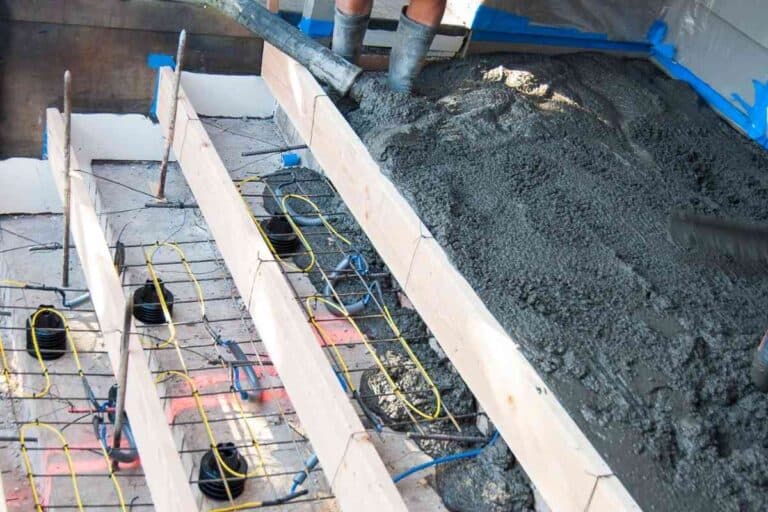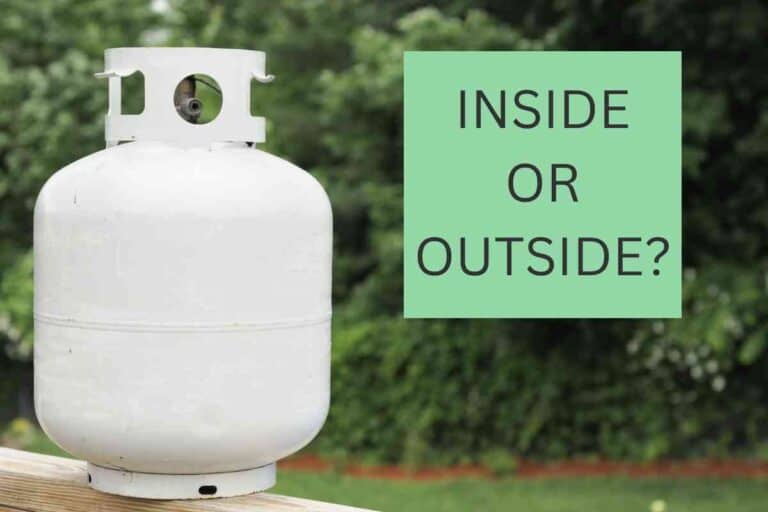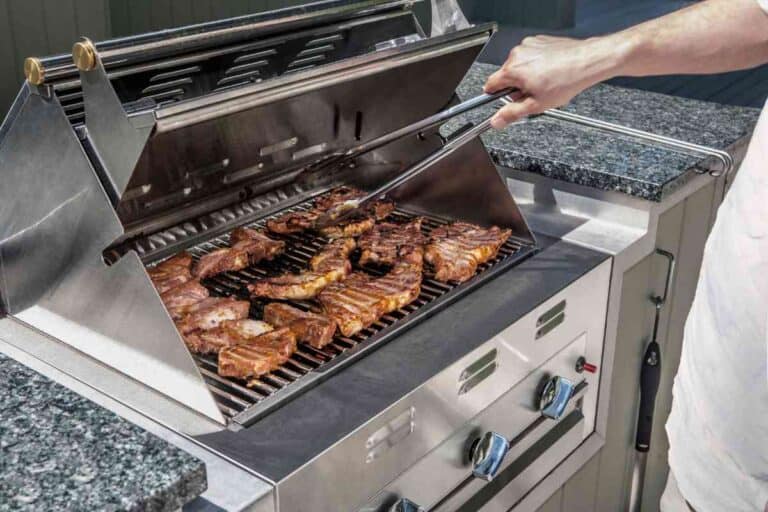Filling A Propane Tank That’s Not Quite Empty: What You Need To Know
You should fill a tank when they are empty. However, it depends on what the tank holds. No one wants to be caught off guard by running out of essentials.
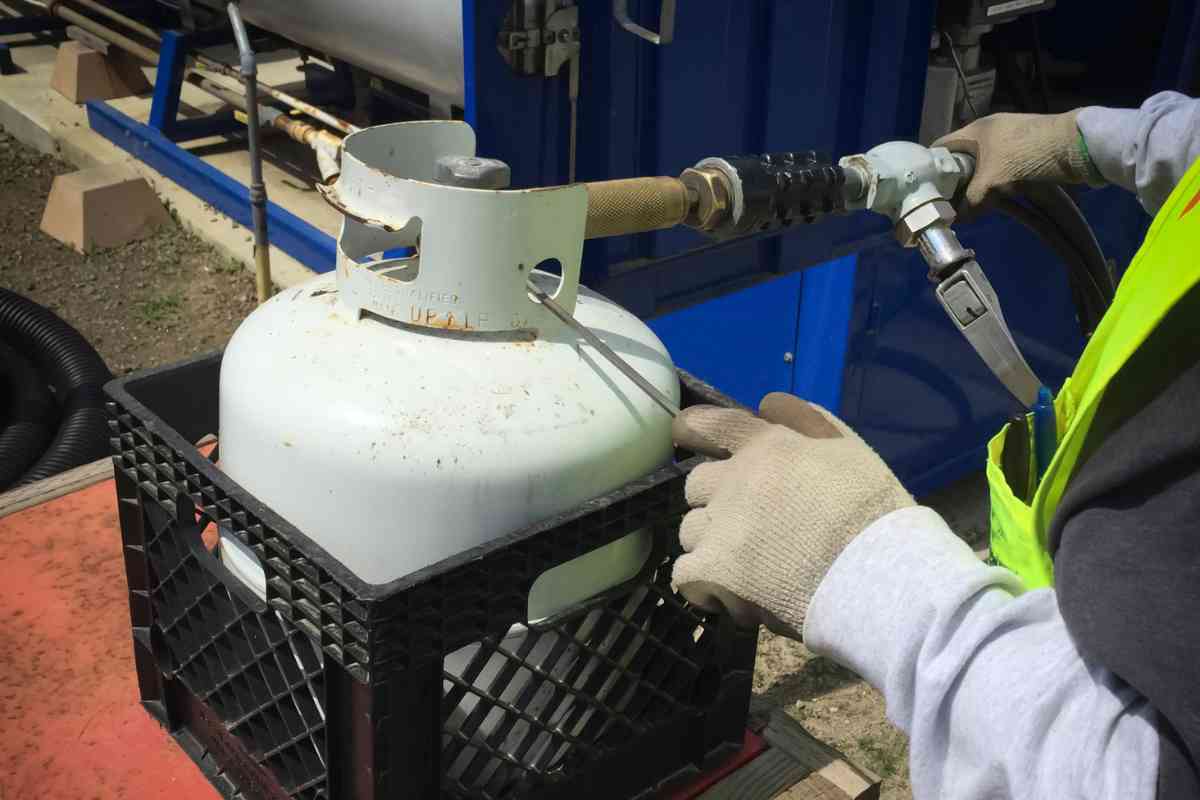
Can you fill a propane tank that is not empty?
You can refill propane tanks before they are empty. This follows the 80 percent rule, which is why you should consider the volume of the propane when refilling to avoid overfilling the tank. However, be careful not to exchange the tank but refill it instead.
We had to talk to propane experts to appreciate the capacity rules and propane refilling guidelines. We first visited refilling stations to understand the laws that apply when customers come to refill their tanks. Additionally, we talked to homeowners who use propane to learn what works best as per their experiences. Read on to find out more about refilling propane tanks.
Filling Your Propane Tank Before It’s Empty
You can refill the propane tank before it is ultimately used up. This saves you from the embarrassment of running out of much-needed gas when you need it.
Usually, when filling a propane tank, only 80 percent of the capacity is filled. The 20 percent that remains caters to gas expansion, which is bound to happen. This way, pressure issues are eliminated.
It only means that whenever you refill the tank, calculate the real capacity and multiply it by 0.8 to get the level/ weight the propane gas should fill. Therefore, when refilling a propane tank that is not full, ensure to get it to the 80% mark and not beyond this.
Overfilling the propane tank comes with a few disadvantages. Note that taking the necessary measurements when refilling a propane tank is vital. Know the weight of an empty tank and the capacity of the tank when it has no gas.
Most propane tanks have a valve that allows a small amount of propane to vent out the top at a controlled rate in the event taht you do overfill your tank. This is why you may hear a whistling sound coming from your propane tank after you refill it.
This way, you can calculate the percentages that need to be refilled without exceeding the 80% mark. The remaining 20% helps with expansion and pressure adjustments.
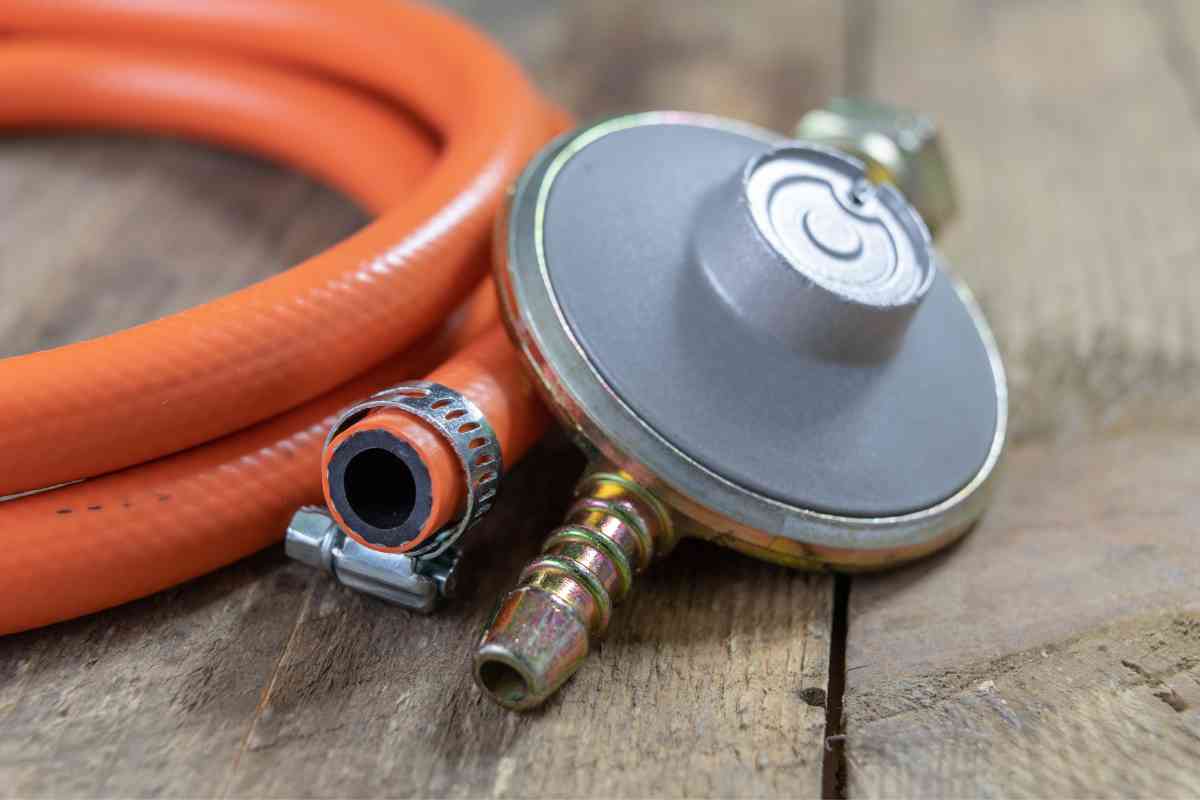
Why is it Important Not to Let Your Propane Tank Empty Completely?
The reasons are pretty apparent. Waiting to refill the tank when it is open means having to bear the discomfort of not having propane gas to cook or heat your van/home during a cold season. Alternatively, it could mean relying on emergency refilling, which can be expensive.
To avoid unnecessary hassles and inconveniences, refill the propane tank before it runs out entirely.
Moreover, this refilling is cheaper since the provider charges for the propane capacity they refill, not the full capacity. Additionally, you save on emergency transportation charges since you can go to the refilling station instead of relying on delivery services.
While there is no specific rule requiring homeowners or RV owners to have a particular amount of propane in their tank, it is only reasonable that they should not let it run out entirely. It is wise to have the tank decently filled to avoid inconveniences, especially if you are a heavy gas user.
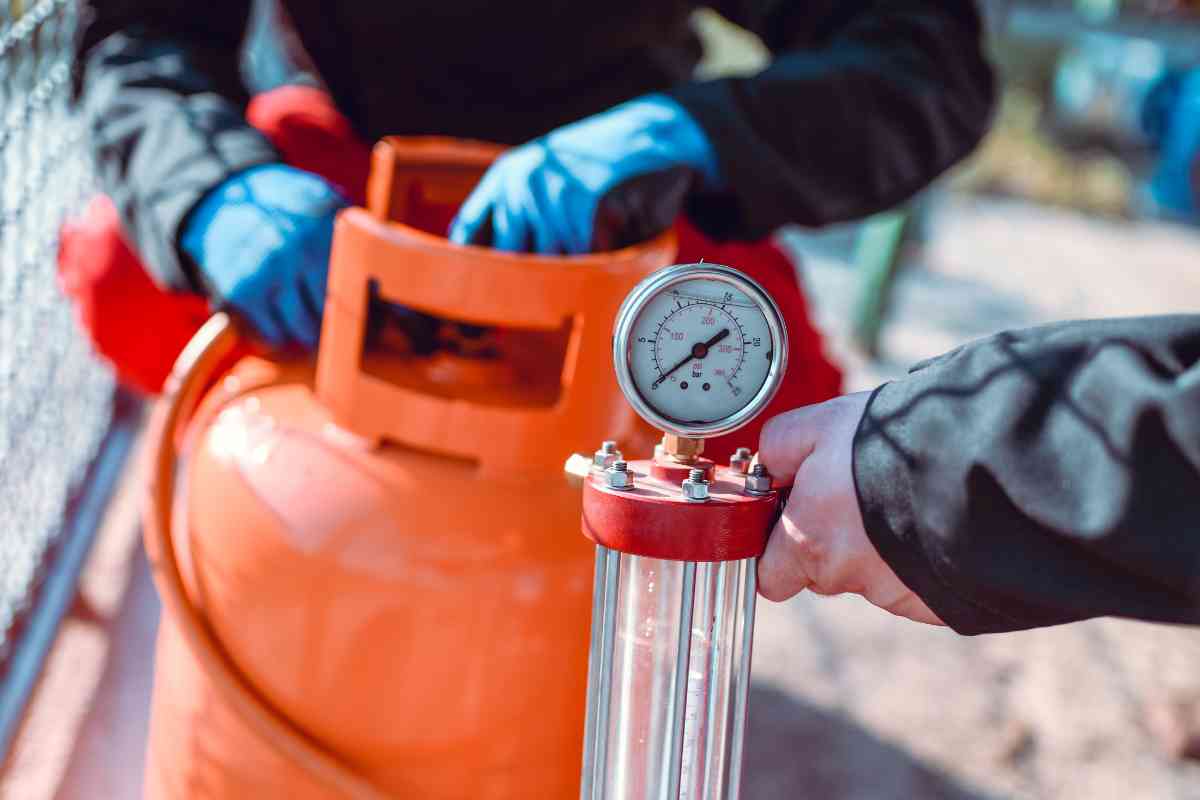
What are the Benefits of Never Letting Your Propane Gas Run Out?
One of the main reasons you want to refill the propane tank before it runs out is to avoid unnecessary interruptions. It is frustrating to run out of gas when cooking or in the middle of the winter season if you use propane heaters. Since it is possible to refill the tank before it runs out, the intelligent thing to do would be to do so whenever you can.
Secondly, refilling the tank before it runs out is the best way to accommodate all extra usage. Since propane can be used in multiple ways, including cooking, and heating, it is best to ensure that you have sufficient supply to accommodate all needs and uses. If you do not have extra storage, keeping up with refills is the best way to cater to all the different uses needed.
Refilling the tank as an emergency means paying extra on transport since you have to make a trip solely to have the tank refilled. Alternatively, the service provider has to deliver the propane to where you are.
Either way, you have to pay extra transport costs, which would have been saved if you had refilled the tank beforehand. Most propane users refill their tanks when in transit and, as such, don’t have to incur extra transportation costs.
You also pay for what you need, so it doesn’t matter if you wait until the tank is empty. This may have been a concern for many propane users. The propane service provider will charge you for the amount they refill, which is why you should avoid the inconveniences of waiting until the tank is empty.
When Should You Refill Your Propane Tank?
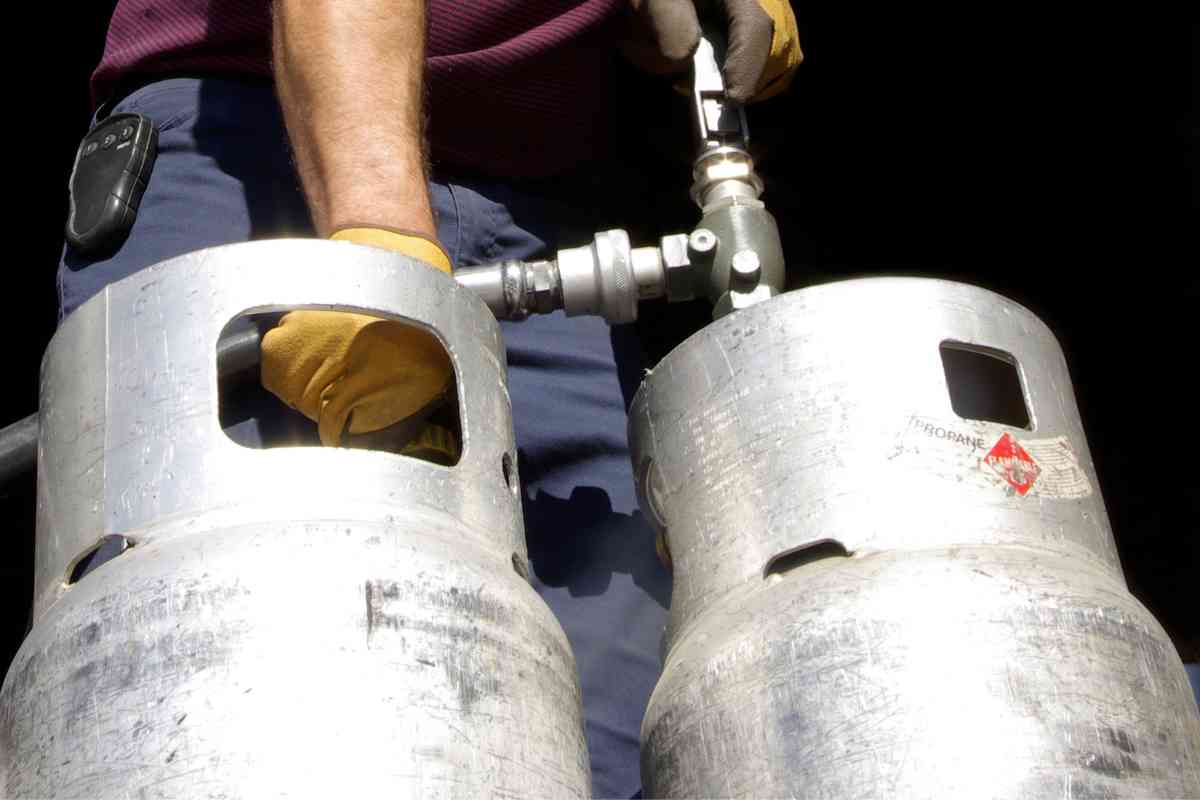
There is no one-size fit for all situations and users. It helps to gauge and understand your usage rate, though. If you are a heavy propane user, you may need more frequent refills than occasional users.
However, a general guide is to ensure that your tank does not get below 10 percent before refilling. A few pointers that could help you know when next to fill the tank include:
Recoding your previous refill helps you estimate the past month’s consumptions and gives you an idea of the next refill date.
- A reliable propane gauge indicates the propane gas level at any given point.
- Also, check the flame. Consider refilling if the flame is too low.
- You also need to refill if it has been a long while since the last refill.
The bottom line is to ensure that the propane does not catch you unaware when it runs out. You can always pass by a refilling station when in transit to save on transport costs.
Key Takeaways
- You can get a refill before you have an empty propane tank
- Refilling your propane tank before it runs out is the best move.
- Do not refill the tank to the brim to avoid pressure issues.
- The cost of refilling the propane gas is based on the amounts needed.


